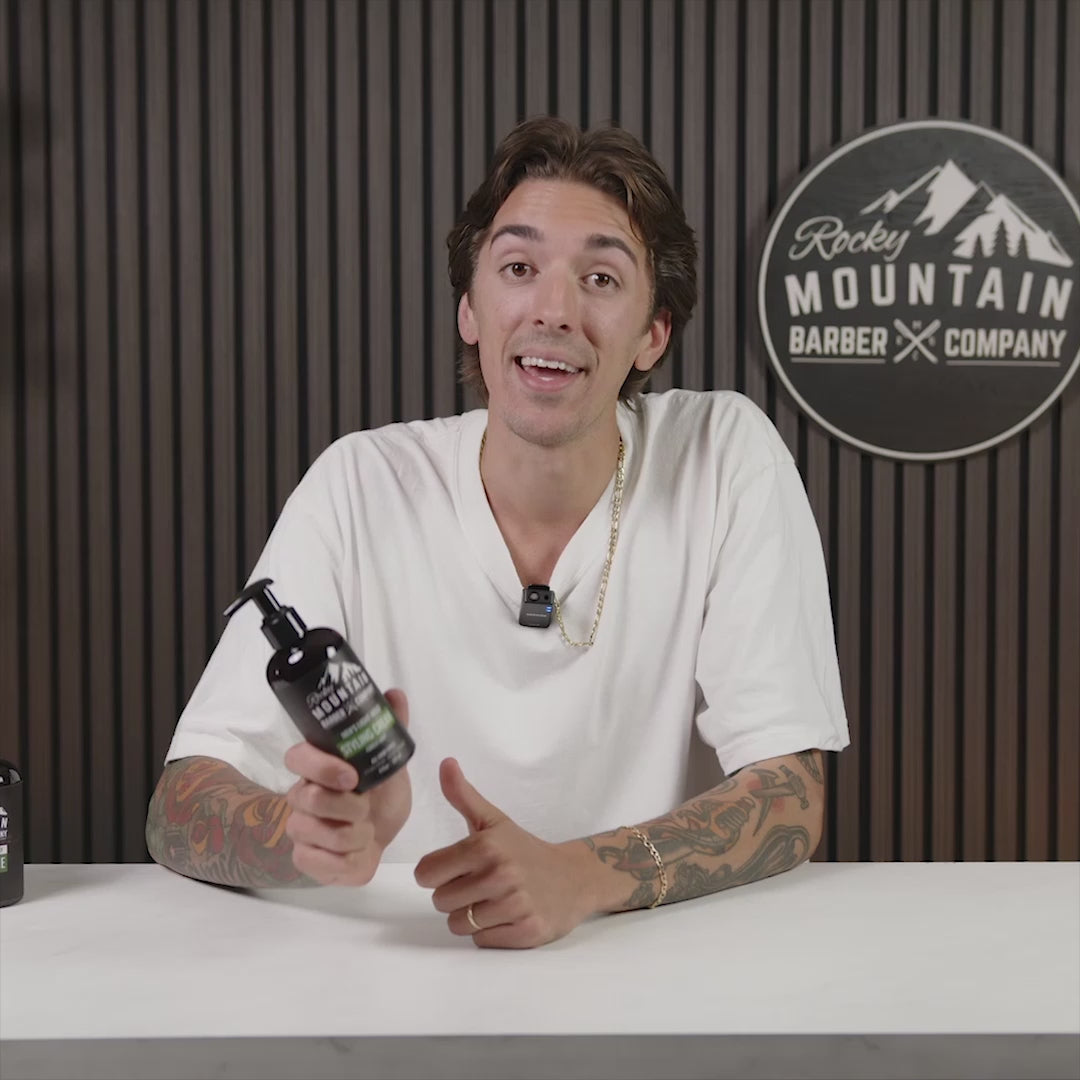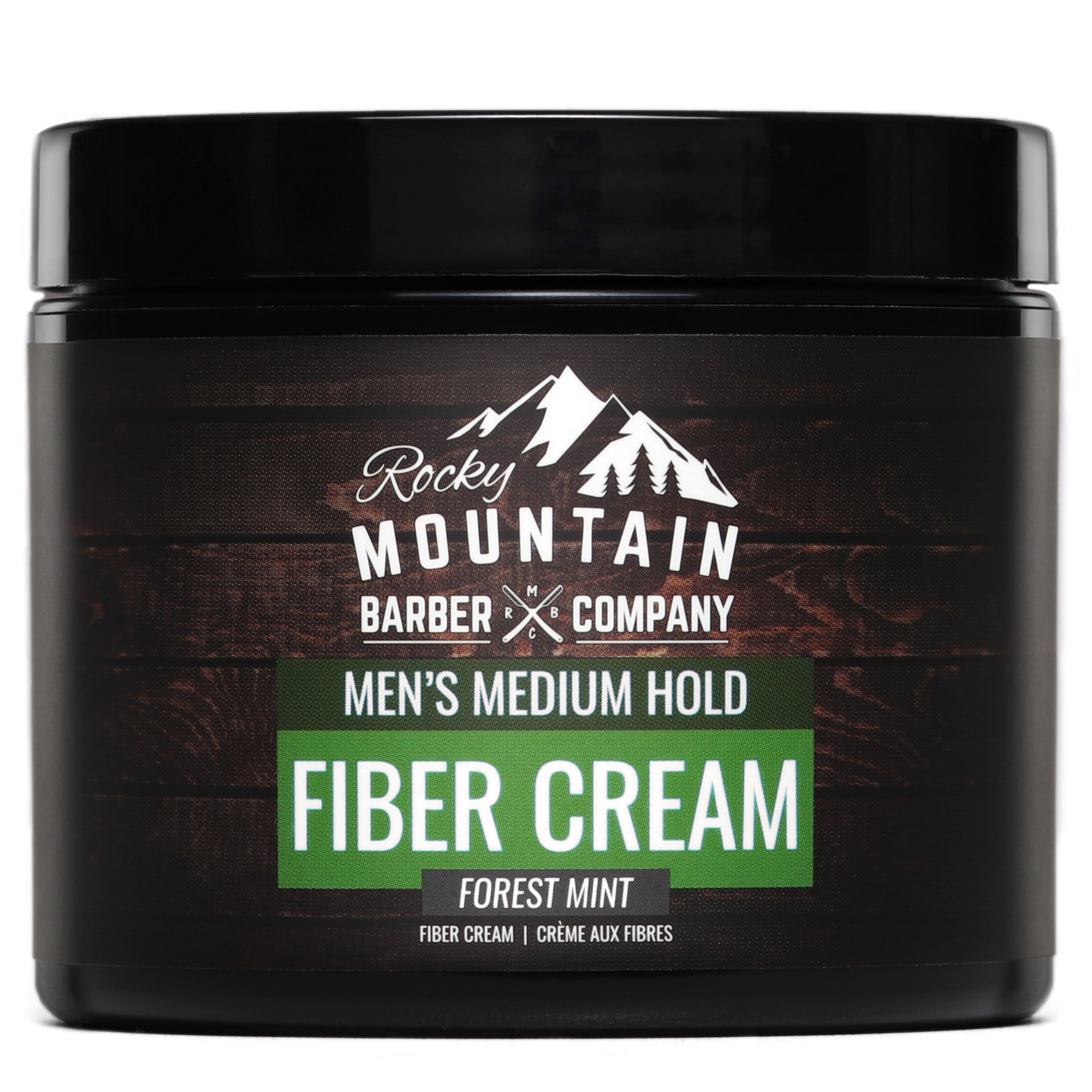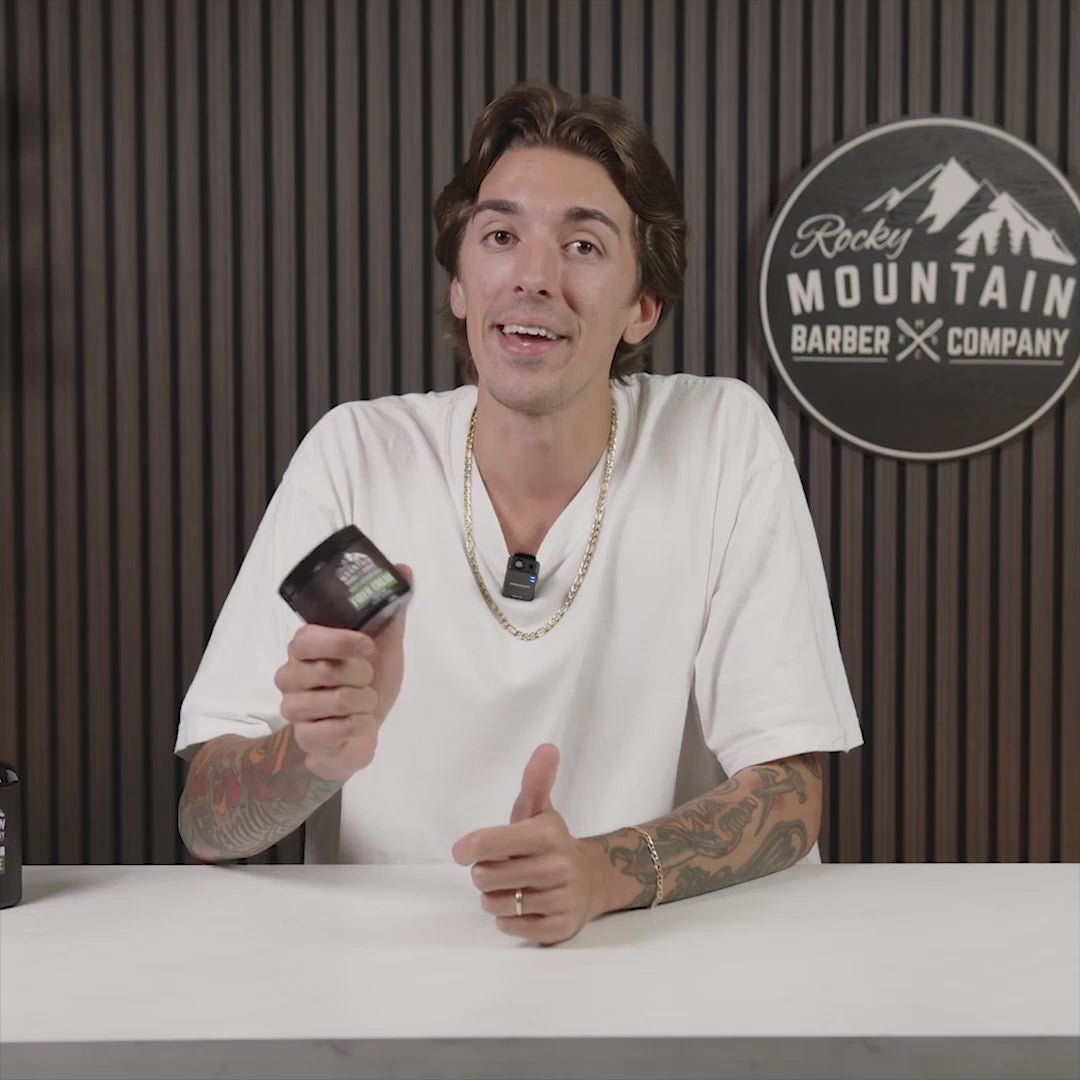Rocky Mountain Barber Company is proud to announce that we are the first men's grooming company in modern history to sponsor an explorer!
Adam is a professional Canadian explorer, adventurer and author, having explored remote areas and rivers all the way from the jungles of the Amazon to the tundra of the Arctic.
He is currently working on his PhD at McMaster University and recently took the time to tell us a bit more about his adventures and plans for his upcoming expeditions.
RM: We think the biggest question everyone has on their mind is why do you do expeditions?
AS: For the fun of it. That's the real reason. Everyone expects something profound or philosophical. But really I just love the outdoors and adventure, and doing expeditions is the stuff dreams are made of. That said, my expeditions do generally have a more scientific or cartographic side to them: I make maps, sometimes adding a missing island or waterfall here and there to the existing maps, other times I write reports for the Royal Canadian Geographical Society on a particular wilderness area, and sometimes I have an archaeological research component to an expedition. But really, I do expeditions because I love it and it's fun.
RM: It sounds like your expeditions last for more than one day. What kind of food do you typically eat on an expedition?
AS: My food is normally a mix of packed rations and things I catch or gather in the wild. In terms of packed rations, I bring dehydrated meals from Backpacker's Pantry (Sweet and Sour Chicken and Beef and Broccoli Stir Fry are my favorites), instant oatmeal, granola bars, Power Bars, beef jerky, and some dried fruit. In the Arctic, I supplement this with lake trout and arctic char that I catch, but there isn't much in the way of wild edibles up in the High Arctic. Further south, in the subarctic or boreal forest, I tend to catch northern pike, brook trout, and pickerel (walleye), and eat various wild berries and sometimes cattail roots, among other things.

RM: What is the hardest environment to survive in?
AS: Good question. Worldwide, and over the long-term, it has to be the extreme cold of Antarctica. It is the only continent on earth that has no indigenous population and no permanent residents. Humans just aren't made to survive in an ice world of minus 60 degree Celsius temperatures with total darkness for most of the winter. Outside of Antarctica, one of the next hardest I'd say is the Amazon jungle as there are so many tropical diseases, parasites etc. that you have to worry about there. Deserts are also very tough, but if you have ample water then that can generally be overcome.
RM: What's the most dangerous situation you've found yourself in?
AS: Well I've had lots of dramatic moments when things were looking pretty grim - like facing off alone against a huge growling polar bear or paddling over a waterfall on a subarctic river - but probably the most dangerous situation I've ever found myself in was facing hypothermia while canoeing near Hudson Bay, Canada. Nowadays, I'm fortunate to have good, expensive gear, like Gore-Tex jackets, pants, gloves, and Under Armour. But back when I first started doing expeditions, that kind of fancy gear was prohibitively expensive for a humble explorer, and hypothermia was often inevitable when canoeing rivers north of the tree line on the Arctic tundra.
There was one incident in particular that was pretty dangerous, when I had been canoeing in the face of a strong headwind sweeping off the frigid seas of Hudson Bay, with lashing rain, in which I was shivering badly and my legs felt like rubber. There weren't many trees around, but I was able to take shelter under a big black spruce, and ever so carefully build myself a fire to get warm, and eat some hot soup.

RM: What's your best beard story?
AS: A number of years ago I took along a friend on an expedition; he always preferred a clean-shaven look, and despite my insistence that we needed to travel as light as possible, he stashed away in his backpack a deluxe sized thing of Gillette shaving cream and an ample supply of disposable razors. I told him that after a few days slogging through the rough country we were heading into he wouldn't care to bother with shaving, and that a beard is the better look anyway for the wilderness. Sure enough, after a couple of days, he forgot about the shaving and embraced the beard!










